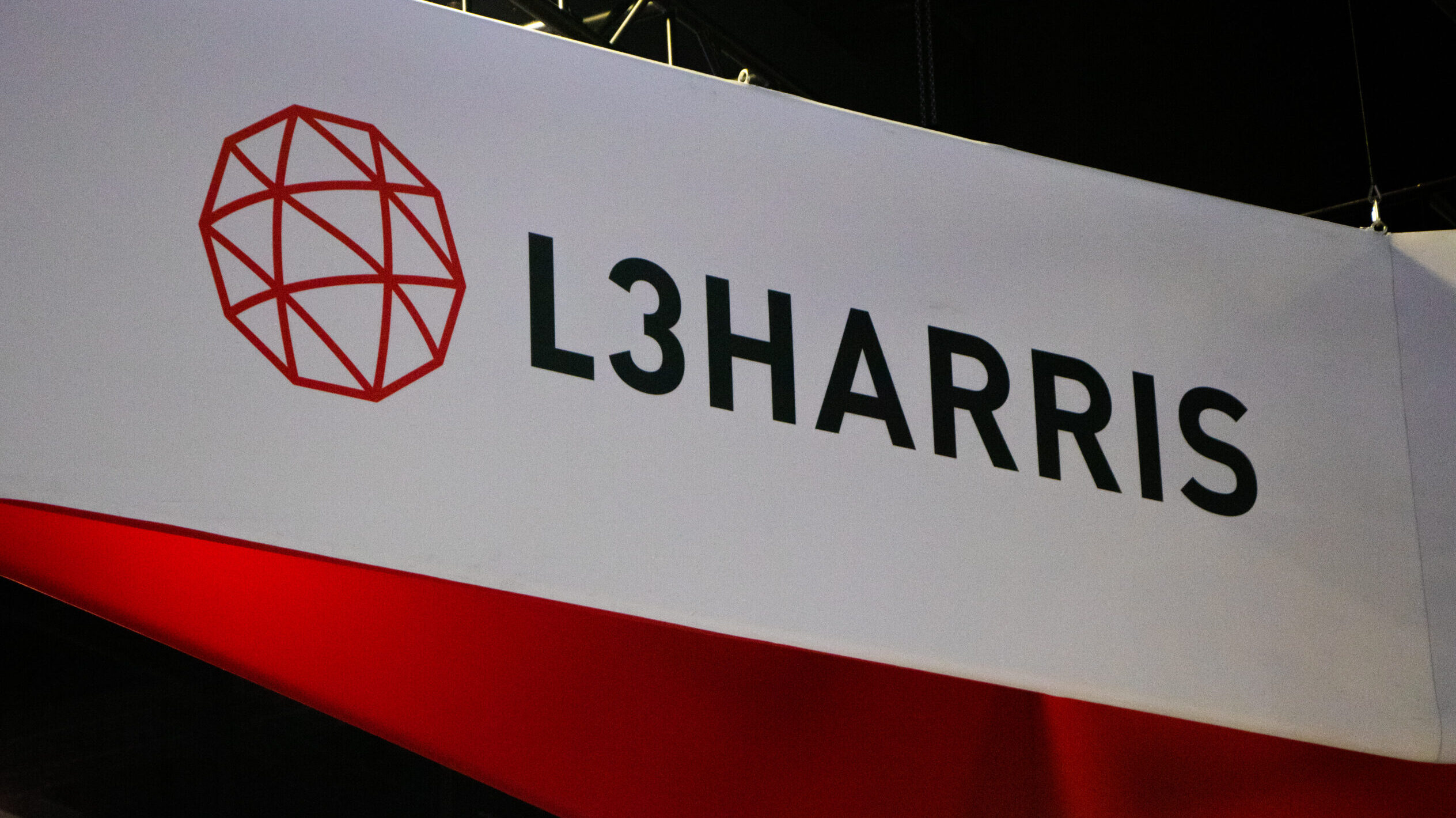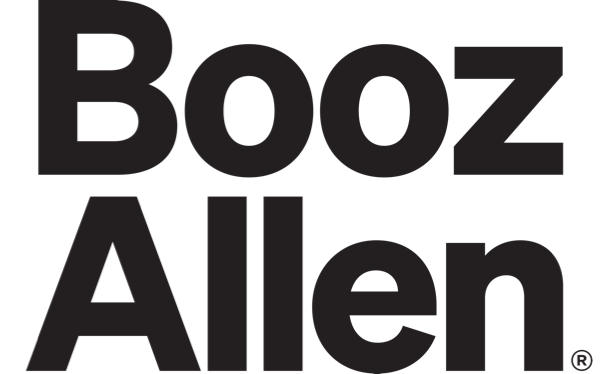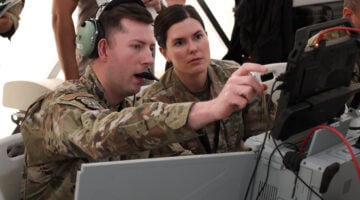
WASHINGTON — Aerojet Rocketdyne is now officially a subsidiary of L3Harris, marking the end to one of the more dramatic defense acquisition stories of the last decade.
The deal, which closed today, sets Aerojet up as a fourth business unit within L3Harris. Ross Niebergall, who previously worked as vice president and chief technology officer for first Harris and then the merged L3Harris corporation, will lead the new business unit.
“I’m thrilled to welcome more than 5,000 employees to the L3Harris team today,” said Christopher Kubasik, Chair and CEO of L3Harris, in a company announcement. “With national security at the forefront, we’re combining our resources and expertise with Aerojet Rocketdyne’s propulsion and energetics capabilities to ensure that the Department of Defense and civil space customers can address critical mission needs globally.”
Earlier this week, Kubasik announced that the Federal Trade Commission would not seek to stop the merger, putting an end to a year of questions round the future of Aerojet.
Federal regulators had previously sent a second request for information to both L3Harris and Aerojet over antitrust concerns associated with the deal, as the latter is one of only two major suppliers of solid rocket motors to the Pentagon. The other, Orbital ATK, was previously acquired by Northrop Grumman.
However, the Orbital-Northrop deal happened during the Trump administration, a very different regulatory environment than under the Biden administration. When Lockheed Martin tried to buy Aerojet, regulators sued to block the deal, and in 2022 the aerospace giant abandoned it.
The scuttling of that deal set off internal shockwaves at Aerojet, which saw a unusually public spat among its board. When the dust finally cleared, L3Harris was in prime position to make a move, announcing in December that it would acquire the rocket motor company for $4.7 billion.

